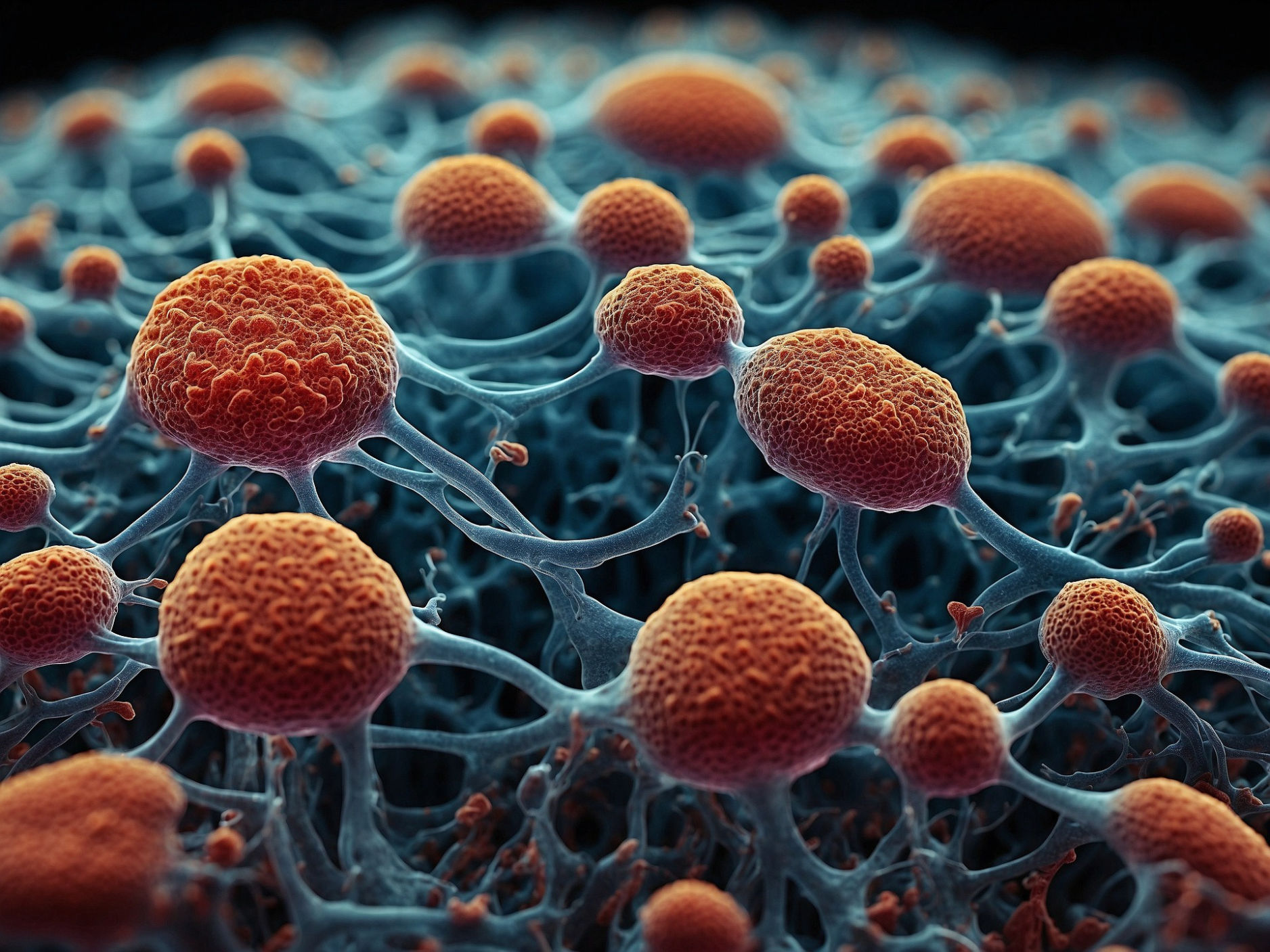

HOLOGENOMICS
relies on the generation and analysis of host genomic and microbial metagenomic data to detect the interactions between them and identify the biological impact of such interactions on both hosts and associated microorganism communities.


relies on the generation and analysis of host genomic and microbial metagenomic data to detect the interactions between them and identify the biological impact of such interactions on both hosts and associated microorganism communities.
The core of HoloGen revolves around the idea that a macroscopic organism, be it fungi, animal (including humans) or plant, can be viewed as an emergent property of interactions between that organism - i.e. host - and the microbes living on and inside it. Many biological processes in animals and their associated microorganisms are affected or modulated through such a symbiotic relationship.
The recent development of high throughput biomolecular data generation platforms and
the improvement of data processing infrastructures, it is now possible to screen virtually the entire biochemical landscape where hosts and microorganisms interact. This necessitates a truly multidisciplinary approach consisting of the analysis of genomes, transcriptomes, proteomes and metabolomes of both animals and their associated microorganisms.
HoloGen targets significant, ground-breaking scientific advancement in our knowledge about functional interconnections between hosts and microbiomes through its use of cutting-edge omics-based measurements of molecular states coupled with novel computational approaches, to address scientific questions regarding human and animal health, agricultural production, microbial ecology, and more.
to model the biochemical, genetic, temporal and spatial levels of host-microbiota interactions in hologenomic research.
between animal hosts and their associated microorganisms through applying a hologenomic perspective.
and research approaches towards enhancing human health and animal production systems.
and master the approaches to implement hologenomics to answer diverse research questions.
to be able to tackle the 21st-century research challenges beyond genomics, metagenomics and hologenomics.
and effective interaction with other stakeholders, such as private companies, policy makers and the general public.
that will be equipped with the skills to exploit the latest biomolecular technologies with which to grapple with the current and future societal challenges.
with a cohort of talented, closely-knit researchers with the attributes to become international leaders in their chosen fields.
and stimulate future research to create future world-leading scholars and advance the field of hologenomics beyond the current scope of the project.
to and from industry partners, leading to development of new products and services.